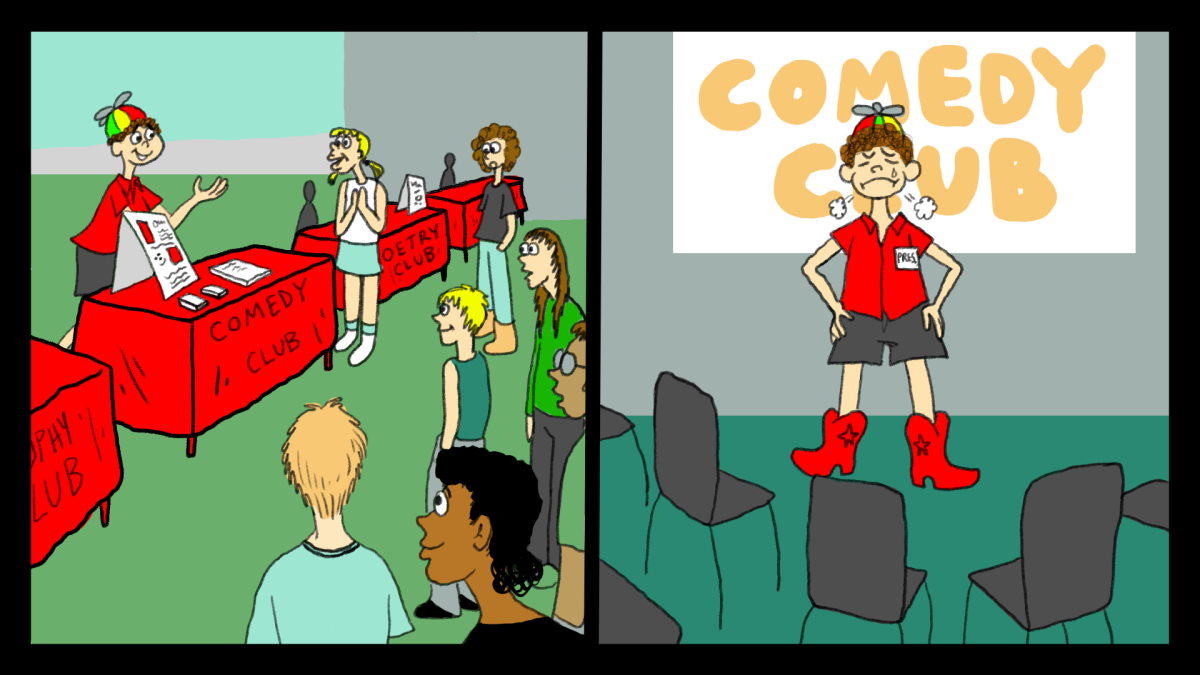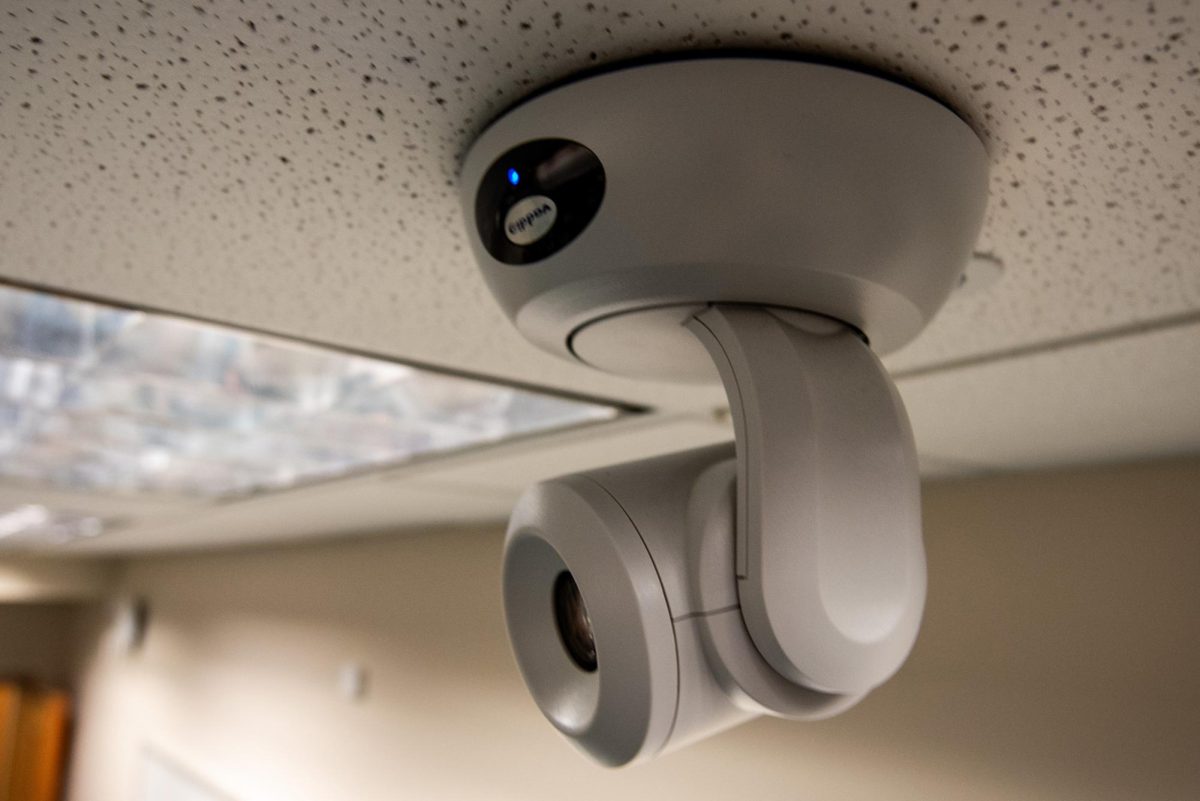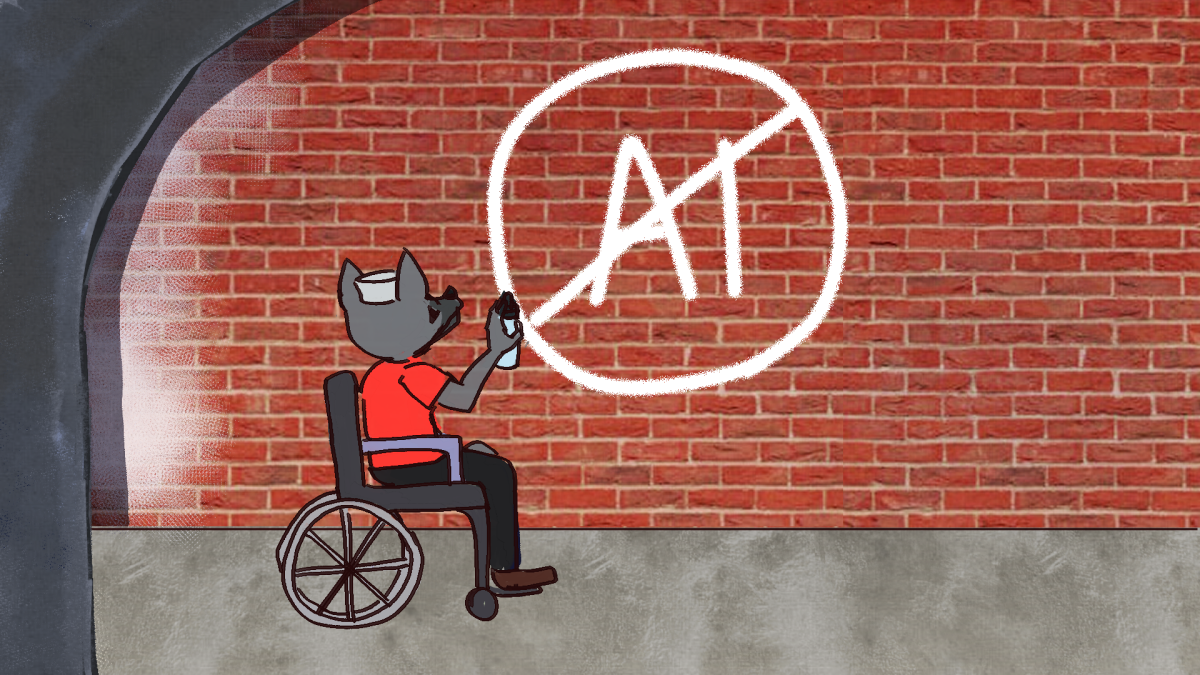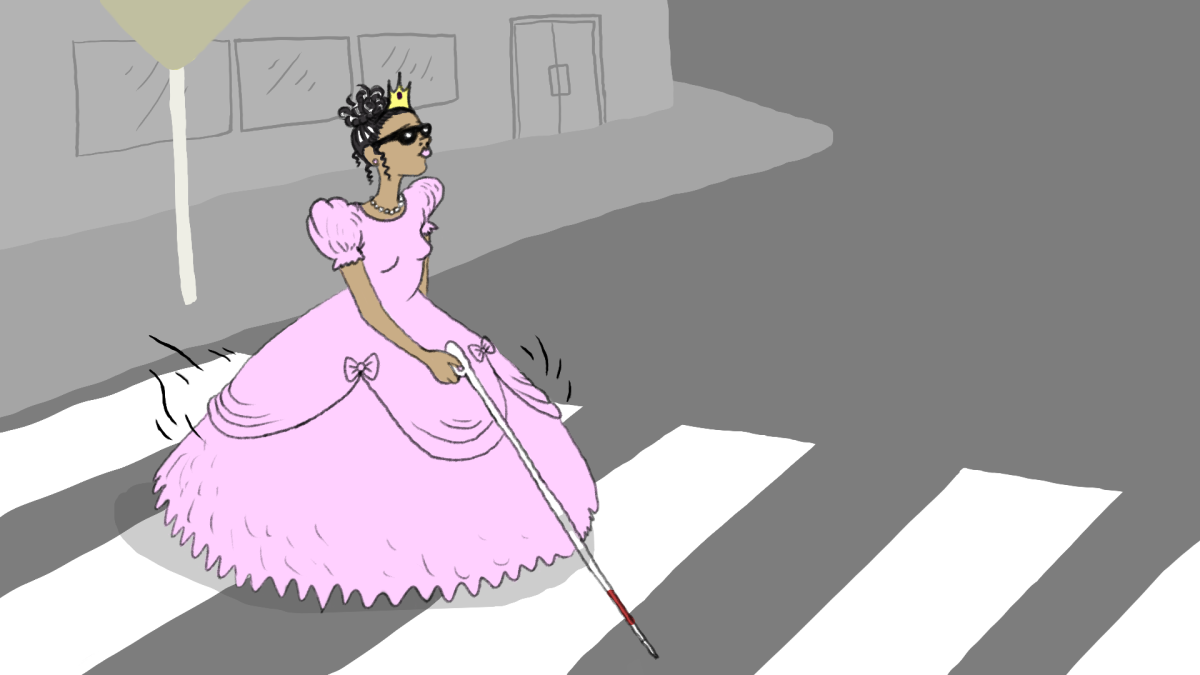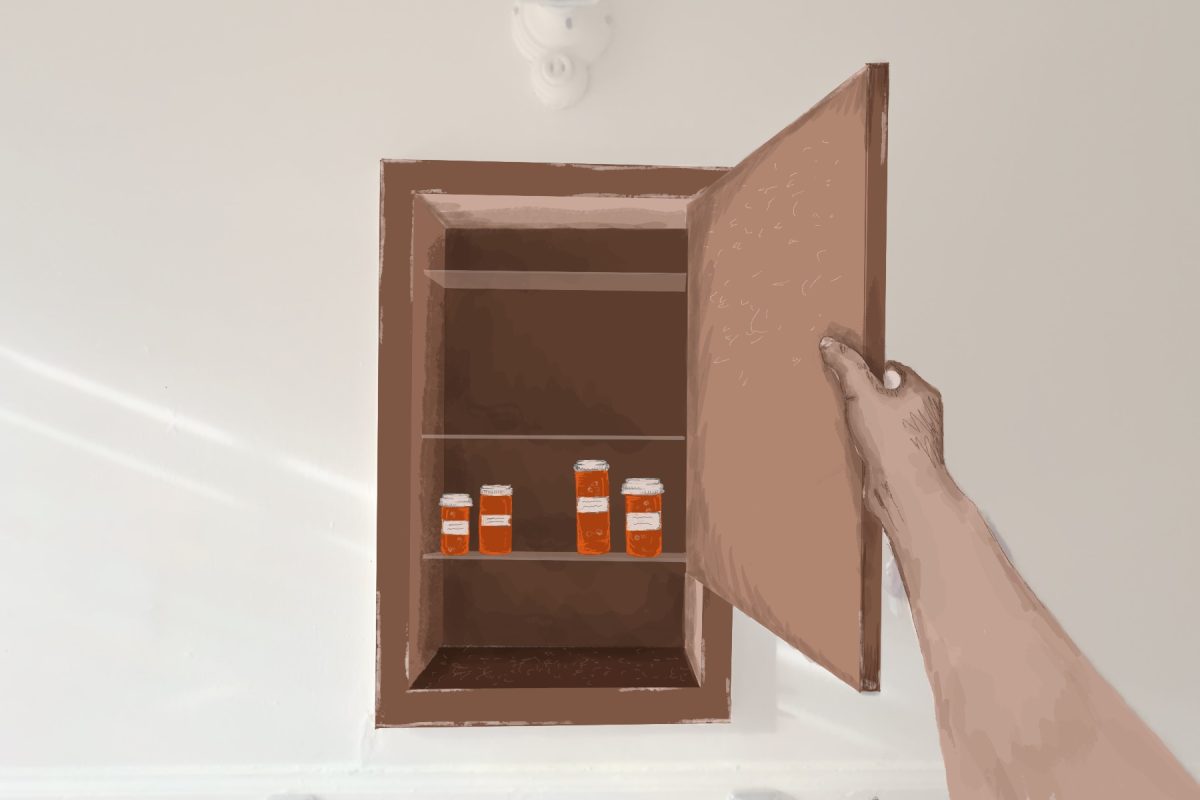There is no doubt that many NC State students are familiar with the term “Southern belle.” Some even consider themselves to be one. Apps like Pinterest present us with numerous quotes and images of the “Southern belle.” And most people, male and female, Southern or not, have developed a notion of what constitutes the Southern belle. It has become very clear that the Southern belle is slowly becoming a dying breed — however, that isn’t such a bad thing.
There are many ways of breaking down the idea of a Southern belle, and as Sam Biddle pointed out in an article on Gawker.com, many of these principles have racist foundations. According to Biddle, it is a notion that dates back to the 19th century. “Belles were a few very specific things: white, bourgeois and almost certainly beneficiaries of the slave trade and married to the plantation owners whose wealth was secured through black chattel,” Biddle said.
Arguably, most women today who consider themselves Southern belles do not hold the principles that Biddle described, and certainly not any of the women I interviewed for this column. In fact, many black women consider themselves to be Southern belles or a form of a Southern belle, adopting a much more socially modern approach to the meaning of the word.
So what does a modern Southern belle make? You can go to any NC State football tailgate and see masses of them. They tend to be sassy, well dressed, somewhat domestic and very feminine. You may also find them in African-American churches, signifying all things graceful and stylish. While there may be differences between the quintessential white Southern belle and the quintessential black Southern belle, they tend to share many of the same beliefs and ideals.
Although the notion of a Southern belle has shifted as time has evolved, many women are still not comfortable with the term.
Tiera George, a sophomore studying international studies, does not consider herself to be a Southern belle. “When I think of a Southern belle, I think of the stereotypical white woman, housewife with blonde hair … I feel like it’s very particular.” George also says that she personally doesn’t feel that black women can be Southern belles. For her, the Southern belle is a part of white culture that is not inclusive of African-Americans.
Yet, the term Southern belle has a different connotation for other NC State students, one that is based more on family and relationships and less on race.
Jessicah Raynor, a senior studying communication, said she was raised with many Southern belle principles, but doesn’t identify as one. Raynor said, “I wouldn’t consider myself as a ‘traditional Southern belle’ because I was never pressured to find a husband. I come from a family of primarily women, and we’ve always been independent when it comes to taking care of ourselves. I definitely have Southern values and the accent.” Although a lot of emphasis was not placed on settling down, she hopes to one day have a husband and family. Instead, she has been encouraged to succeed for her own personal benefit, not in order to find a spouse.
Growing up in the South may mean that some of your classmate are already married or starting a family, especially if you grew in rural areas. There is this belief that you go to college to get an education and to find a spouse. I once had the chance to talk with a group of women on NC State’s campus about this phenomenon, and I discovered that it was not unique to just my hometown.
Graecie Vrchota, a senior studying social work and women’s and gender studies, said she has never considered herself to be a Southern belle, even though she was born and raised in North Carolina. “As a woman, I’ve thought about the importance of finding a husband settling down, having kids and making the perfect life for my family.” Vrchota went on to say, “Of course I’ve thought about finding someone to marry, and I’ve wondered if it would be my boyfriend, but once I get to thinking about that stuff I remember that I need to focus on myself and get my own career started before I worry about kids and a family.”
The Southern belle appears to slowly be fading out of our North Carolina culture. The statements made by the three women in this column are indicative of a new way of thinking. More women are placing more of an emphasis on their own personal development, and less on finding a spouse.
As someone who was raised in a somewhat stereotypical black Southern belle household, I find this news to be exciting but a little bit scary. I will readily admit that I entered my freshman year of college thinking that I would meet the love of my life, get engaged and take wedding photos in the scenic Court of North Carolina.
However, I learned that like many women at NC State, there are more important things to do while getting a college degree than meeting the man of my dreams. There’s nothing wrong with having a Southern accent, identifying as ladylike and still believing in a fairytale love story. There is nothing wrong with self-identifying as a Southern belle. But there needs to be a shift in the meaning of the phrase. The death of the Southern belle will make way for new cultures and traditions, ones that encourage women to succeed for their own personal gain, place more emphasis on character and are inclusive of all people.


